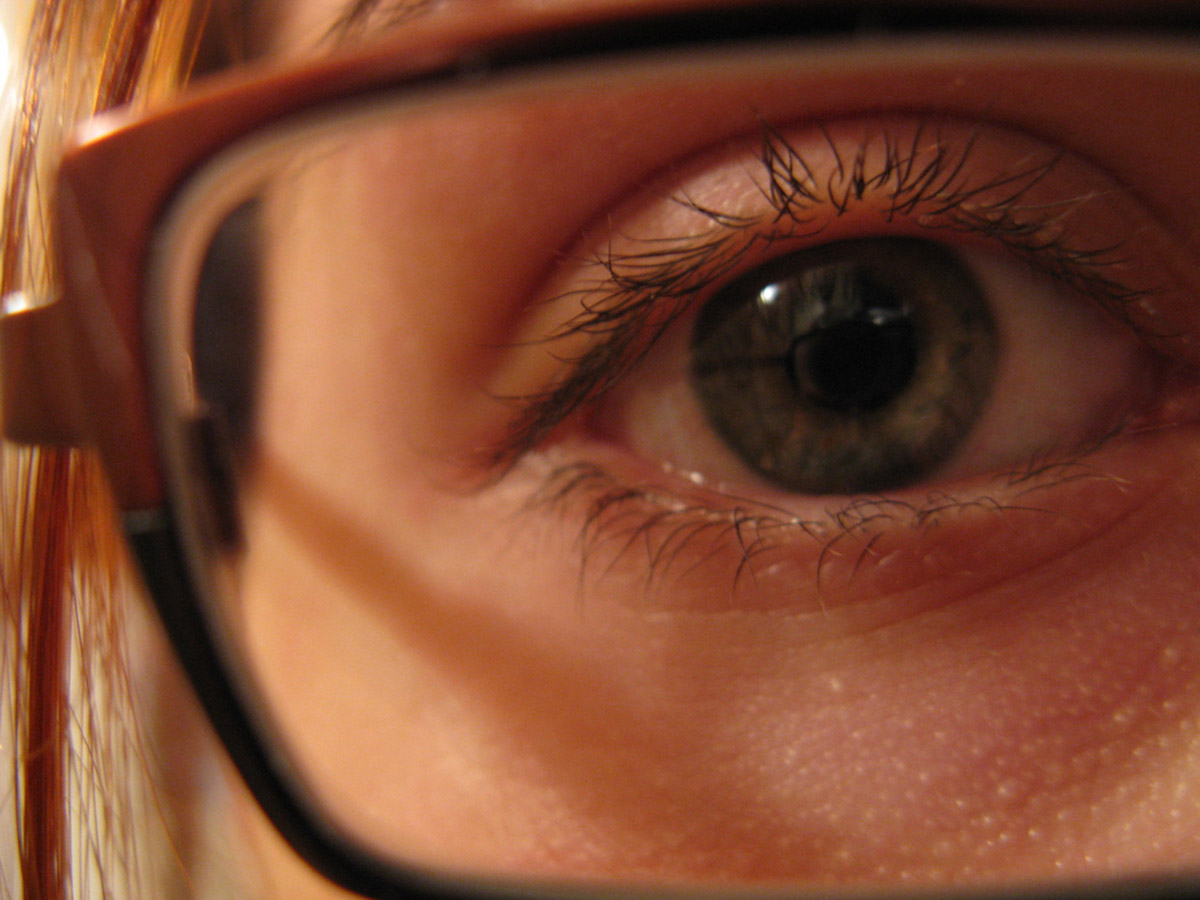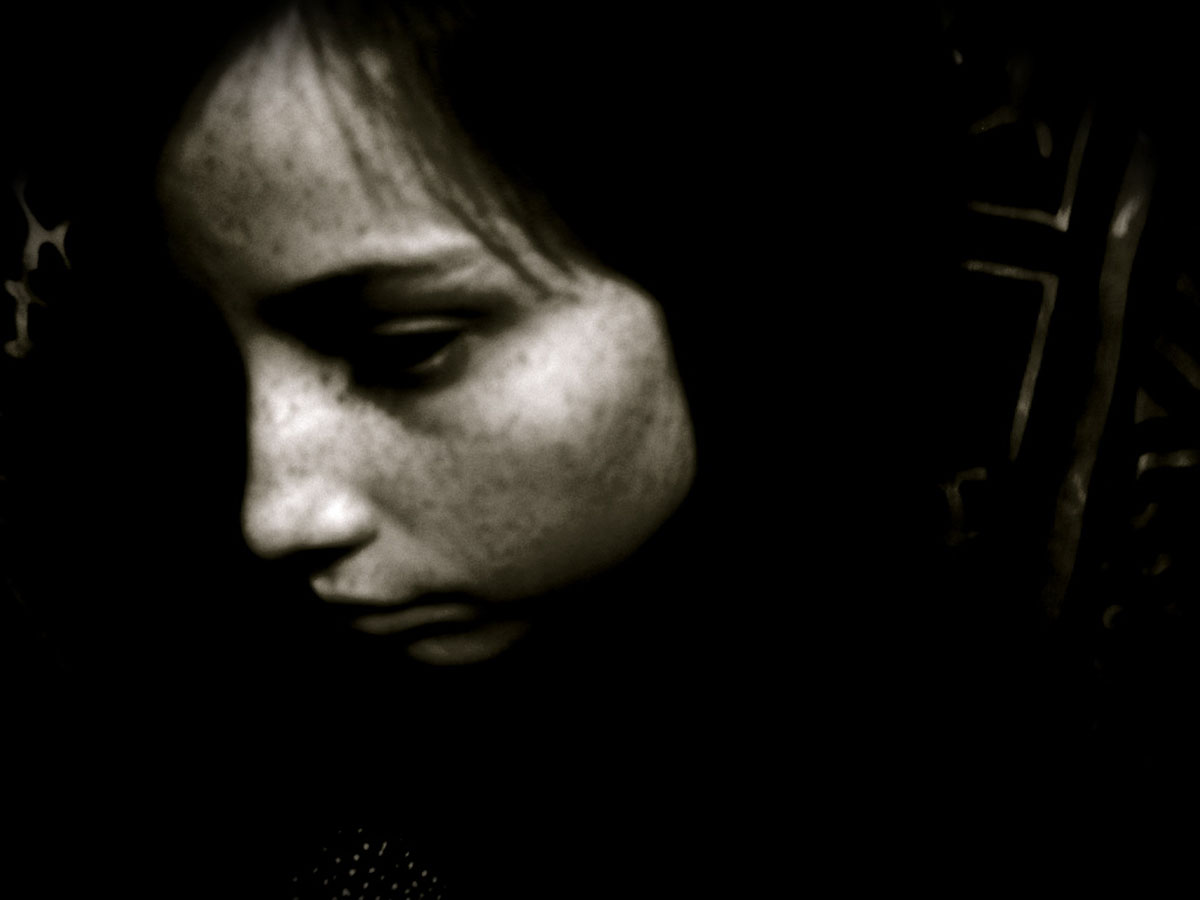"If you keep on throwing tantrums over ice-cream, mommy may have a heart attack and go to hospital, or even die!", I remember an acquaintance saying to her two-year all too well.
This shocking statement is the worst example of guilt-based parenting that I have ever heard an actual, real-life, mother use on her young toddler son. Even far milder examples of guilt parenting, examples in which a parent simply says they're ashamed of their child's actions, have scientifically been shown to be bad for kids. The day after a day during which parents use guilt tactics to correct a child's behavior, a Finnish study shows, that child's levels of anger and distress sore. We all know that distress and anger don't do a whole lot to make kids behave more nicely, don't we?

In fact, many modern parents wouldn't hesitate to label this type of parenting emotional abuse. Guilting kids into behaving a certain way may be counterproductive, but it's also mean and wrong. Mean and wrong, yes! What's mean and wrong is universally mean and wrong, is it not?
Why Do Parents Feel Guilt — And What About?
Perhaps you lost your cool when your kid, too, threw one too many tantrums over something you consider silly, and you yelled. Perhaps you yelled too much in general, or spanked your kid or didn't when you think you should have, or had to work when your child had their dance recital, or weren't affectionate enough, or provided the wrong kind of food, or weren't present for as many hours as you would have liked.
Guilt can be a solely internal emotion, one that let's us know that we're not quite comfortable with something we did or didn't do. Guilt can, indeed, be just the wake-up call we need — it can be something signals us that we believe we need to change something. Guilt can also be the result of societal pressures, something that tells us that we're doing things a whole lot differently than other people believe we should. Being human, we second-guess ourselves, even when we ultimately believe that we did the right thing. As a parent, only you can work out whether your feelings of guilt are being caused by others or by yourself.
READ FOG: Fear, Obligation, and Guilt
If your parental guilt results from society — because, for instance, you couldn't breastfeed and are surrounded by lactivists — you may be able to examine the factors that resulted in your mixed emotions, decide that you are right after all or simply did the best you could, and let it go. If, however, your guilt is the result of something within yourself, it may be time for an honest look inward, a look that can free you from an emotion that ultimately doesn't benefit you or your kids.
How Freeing Yourself From Feelings Of Guilt Can Make You A Better Parent
Examining The Cause Of Your Parental Guilt
It's funny — right as I was writing this article, my son approached me to tell me about something, and I had to stop him. I'm working, after all. Yep, mini mommy-guilt moment right there! A lot of your parental guilt, too, probably stems from not being able to engage with your children as often and as completely as you believe you should. We live in a society where most parents have very many responsibilities besides raising their kids, yes, but we also live in an era where the idea of a child-centered family in which your sprouts' every need "must be met" is more popular than ever. Those two facts are entirely incompatible, and guilt can result.
What's the answer? In my case, right now, the answer is that I do not have to feel guilty for telling my son that he can talk to me later but not now. I'm working to make money for my family, and what's more, I'm working to find intellectual fulfillment, something that's nothing to feel guilty about either.

Parental guilt can result, too, from factors now entirely beyond your control. Perhaps your child has medical issues, perhaps they were bullied at school, perhaps you can't provide for them as well as you'd like, or perhaps your relationship broke down and you feel guilty over a less-than-ideal relationship with your child's other parent. Guilt can have its place, to be sure, but when you're talking about things you can't change, it can be empowering to reframe feelings of guilt as feelings of regret or sadness instead. Not only can you feel a lot better when you do this, you may also find yourself being a more fun, more relaxed parent.
Imperfect Humans
You are, like your child or children, an imperfect human. Feeling guilty over things you can't change can play a very destructive role in your parenting — something that, if you're guilt-prone anyway, may just "guilt" you into changing gears. Parenting may just be the hardest job on Earth, the most high-stakes job around, but realizing that "your best is good enough" can be an incredibly positive experience.
Feeling guilt over past decisions that you can, of course, also no longer change now, is a variety of this kind of guilt. Try telling yourself that when we know better, we do better — and you do know better now. That's a good thing, not a bad thing! You could instead be doing the same thing, after all!
Without being as emotionally healthy as you can be, can you be the best parent you can be, the happiest person you can be? If you have come to the conclusion that the answer is "no", extend yourself the same compassion you would have for your child if they messed up, and move on.
- Photo courtesy of Nikki L: www.flickr.com/photos/22865921@N07/2678629711/
- Photo courtesy of megyarsh: www.flickr.com/photos/megyarsh/2580891664/
- Photo courtesy of megyarsh: www.flickr.com/photos/megyarsh/2580891664/


Your thoughts on this